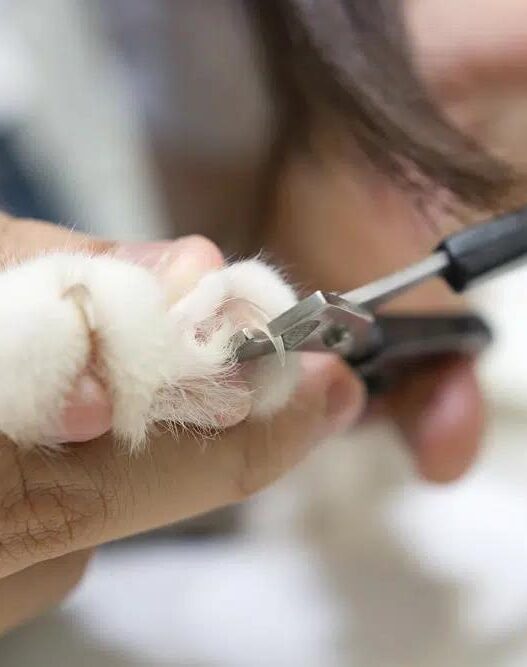Good habits are essential for maintaining health. However, many people are unaware that some of the commonly believed “good habits” they follow could actually be harmful. In fact, some individuals repeat these habits every day without realizing the damage they might be causing. Let’s take a closer look at these potentially harmful habits and how to avoid them.
1. Hot Foot Soaks in Winter: The Hotter, The Better
A warm foot soak before bed during the winter is a popular habit, but many believe that the hotter the water, the more effective the soak. However, this can be misleading. If the water is too hot, even if it doesn’t feel painful, prolonged exposure can cause hypothermic burns. Symptoms include redness, swelling, peeling, or blisters, and in severe cases, tissue necrosis can occur.
Optimal Water Temperature:
For adults, the ideal temperature for a foot soak is between 38°C and 43°C (100°F – 109°F). Children are especially sensitive to temperature, and the elderly often have a reduced sensitivity to heat, so their water should be between 38°C and 40°C (100°F – 104°F). It’s essential that a family member test the water before soaking to prevent burns.
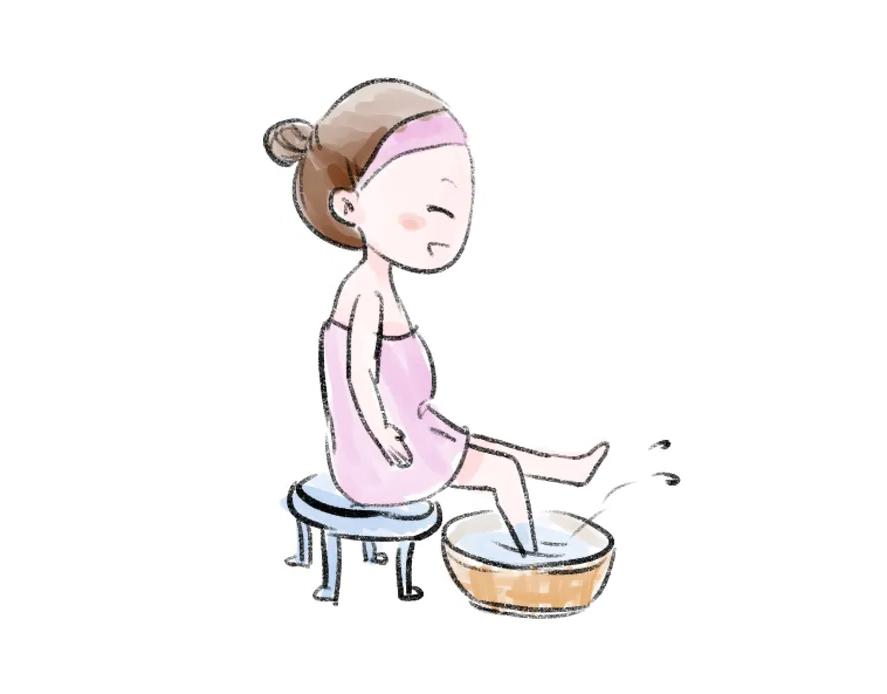
2. Keeping Windows Closed in Cold Weather: A Harmful Practice
Many elderly people believe that tightly closing windows in the winter keeps the cold air out and keeps the house warm. However, this practice also traps oxygen-deprived, polluted air inside, which can be harmful to health. Studies show that in a 10-square-meter room, if three people stay inside for three hours with the windows closed, the temperature increases, but so do carbon dioxide, bacteria, and dust levels.
Health Consequences:
Breathing in such air for long periods can cause headaches, dizziness, fatigue, and poor sleep. In the long run, it may aggravate heart and lung diseases like coronary artery disease, chronic bronchitis, or COPD. Opening windows during sunny days is the best way to increase indoor oxygen levels and improve air quality.

3. A Spoonful of Lard Equals Five Doses of Medicine
Lard has a distinct flavor that makes food taste richer, and some people believe it is highly nutritious. Some elderly people even claim that a spoonful of lard is as beneficial as five doses of medicine. This myth has persisted for generations.
The Truth About Lard:
In reality, animal fats like lard, beef tallow, and mutton fat contain high levels of cholesterol. Excessive intake can lead to elevated cholesterol, triglycerides, and LDL cholesterol, which increases the risk of cardiovascular diseases. It’s best to use plant oils and vary the types of cooking oils to ensure a more balanced and healthier diet.

4. Hard Mattresses Are Better for Back Pain
A common suggestion for people suffering from back pain is to sleep on a hard mattress. In some cases, people remove their mattresses and sleep directly on the wooden bed frame, hoping it will alleviate discomfort.
Why This Is Harmful:
The human spine has a natural “S” curve. Sleeping on a hard surface can cause the spine to suspend, which prevents the muscles around the lower back from relaxing. Over time, this leads to muscle tension, stiffness, and even structural damage, such as flattening of the spinal curvature. A medium-firm mattress is recommended, with a 3:1 pressure ratio, meaning that pressing down on a 3 cm thick mattress should compress it by 1 cm. The mattress should also provide adequate support for the natural curve of your spine.
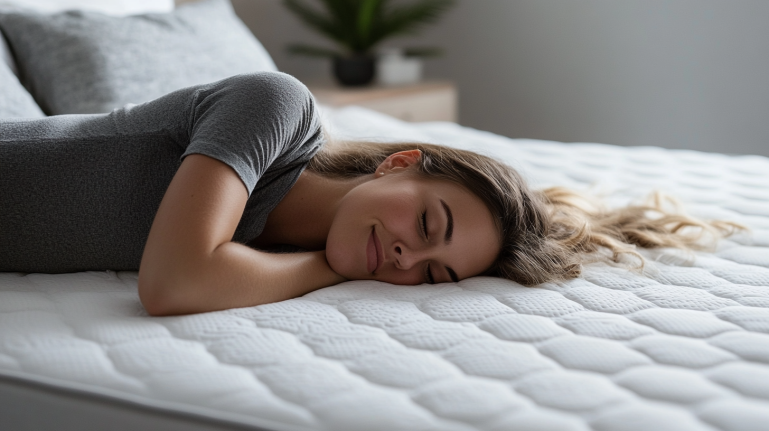
5. A Bland Diet Means Eating Only Vegetables
Many people misunderstand the concept of a “bland diet” and assume it means avoiding meat entirely in favor of vegetables. While eating more vegetables is certainly healthy, eliminating meat altogether can lead to nutritional deficiencies.
Why a Balanced Diet Is Important:
A diet that lacks protein from meat and other sources can lead to weakness, fatigue, pale skin, and other symptoms of malnutrition. This can also increase the risk of conditions like Alzheimer’s disease. A balanced diet should include both plant-based and animal-based foods, focusing on vegetables, fruits, whole grains, proteins, and moderate amounts of fat. The key is to keep the diet low in salt, oil, and sugar while maintaining variety and balance.

6. Brushing for Longer Means Cleaner Teeth
Many people believe that brushing their teeth for more than five minutes will result in cleaner teeth, but this is not the case. In fact, brushing for too long can cause harm.
What You Should Know:
Brushing for longer than three minutes can damage the enamel on your teeth and even cause dental issues like wedge-shaped defects. A two-to-three-minute brushing session is sufficient to remove plaque, food debris, and bacteria without over-stressing the gums and enamel.
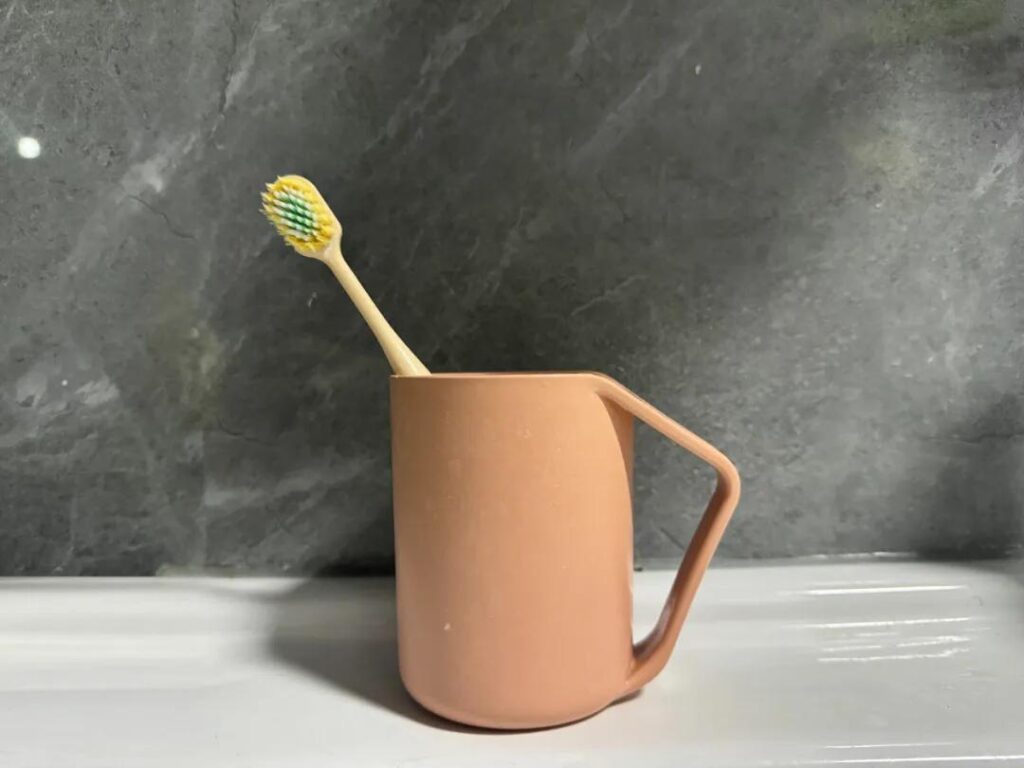
7. Homemade Oil is Healthier and More Natural
In recent years, many people have turned to homemade oil, believing it’s healthier and more natural than store-bought oils. However, homemade oil may not be as safe as it seems.
The Risks of Homemade Oil:
Unlike commercially produced oils, which are tested for toxins like aflatoxins, homemade oils are more likely to be contaminated with harmful substances such as mold toxins (aflatoxins). Consuming oil that hasn’t been properly processed can increase the risk of foodborne illnesses or other health issues.

8. Regular Ear Cleaning with Cotton Swabs is Healthy
Using cotton swabs or other tools to clean your ears is a common habit. However, this might not be as hygienic as people think.
Why Ear Cleaning Can Be Harmful:
Earwax, or cerumen, has a protective function—it shields the eardrum from foreign objects, prevents ear canal dryness, and even has mild antibacterial properties. The natural process of swallowing, chewing, or changes in head position usually expels excess earwax. In most cases, there is no need to clean your ears manually. In fact, using cotton swabs can push earwax deeper into the ear canal and cause injury to the eardrum or ear canal. If earwax builds up to the point of blockage, it’s safer to visit a healthcare provider for proper removal.
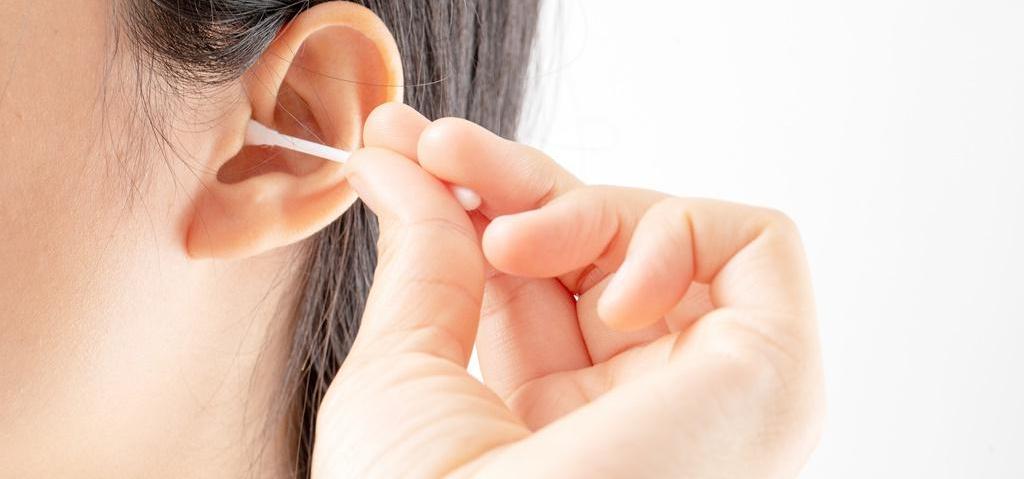
Conclusion
While good habits are essential for health, it’s important to recognize that some common “healthy habits” may, in fact, be doing more harm than good. The key to long-term health lies in understanding the science behind these habits and adapting them to what truly benefits the body. Always seek expert advice if you’re unsure about a particular health practice, and remember that balance is crucial in every aspect of life.













